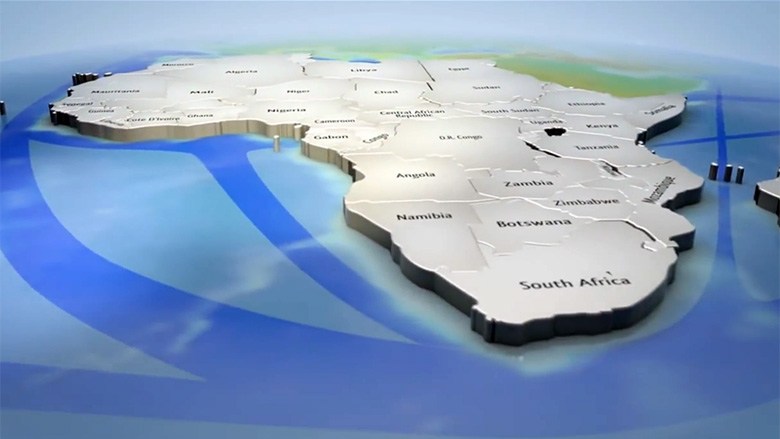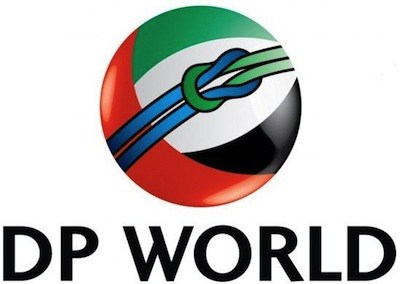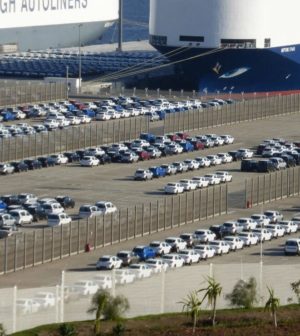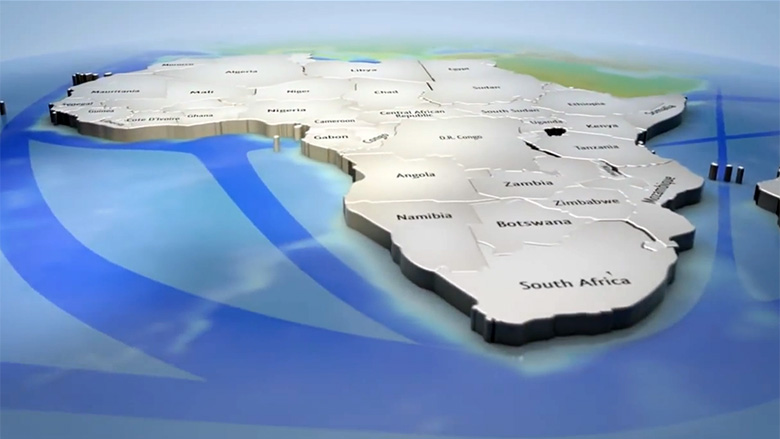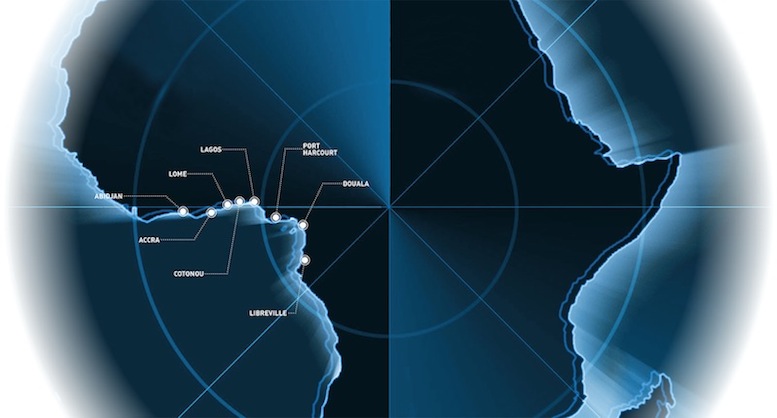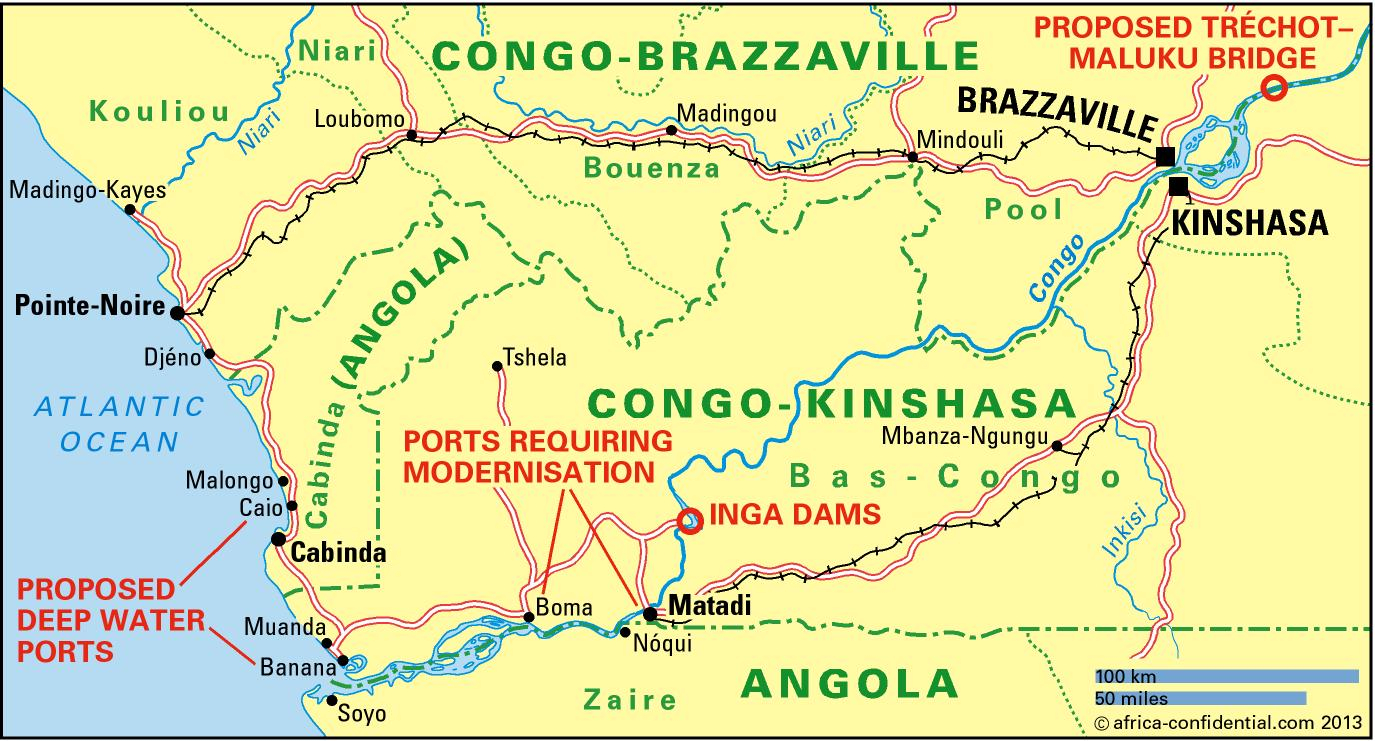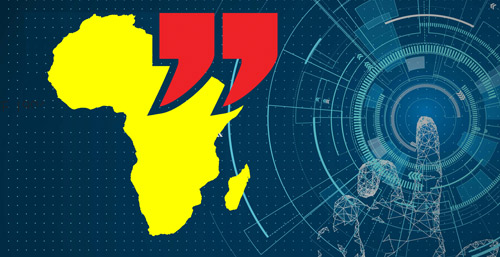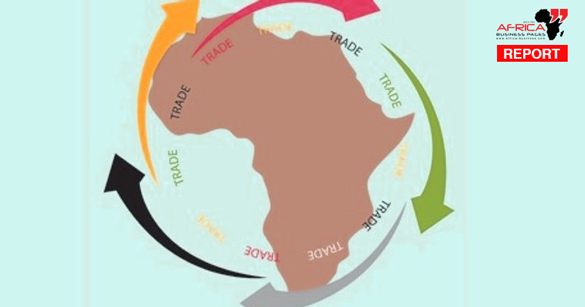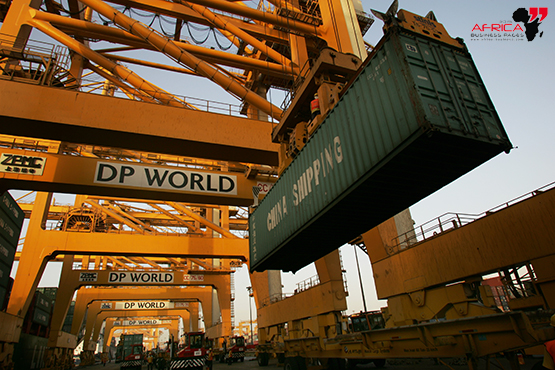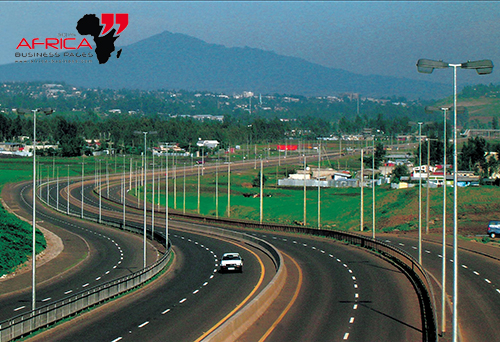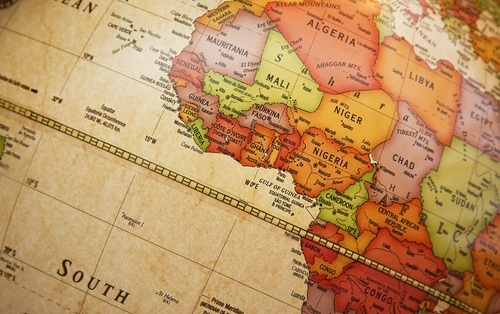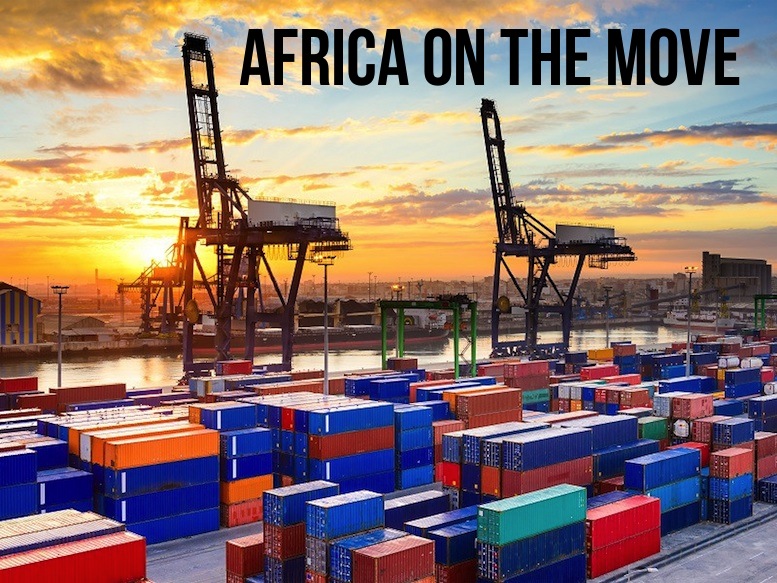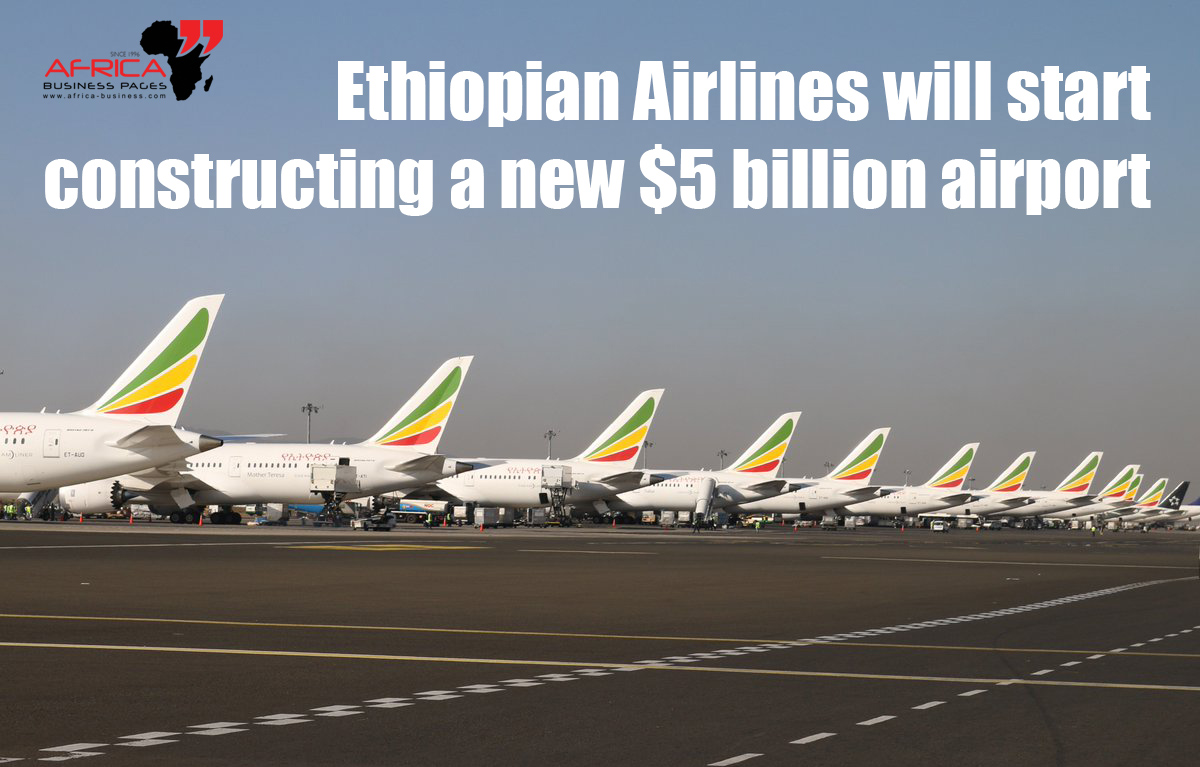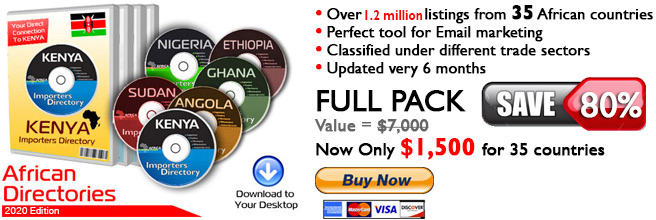E-commerce In Africa: Projections Vs Reality
Going by statistics alone it is obvious that Africa is an up and coming market for e-commerce. Though African countries are not ranked as high as other markets like the US and Europe when it comes to e-commerce, the online shopping phenomenon is spreading fast across the continent.
E-commerce in Africa was valued at $16.5 billion in 2017 and this value could cross the $75 billion mark by 2025.
Even though these predictions paint an optimistic picture, one must do a reality check before completely relying on these reports and predications.
The reality is that E-commerce in Africa is far from realising its full potential in the short term future because of many inherent shortcomings that plague the African continent. Experts believe that a number of problems need to be resolved before Africa can realise its full potential as an e-commerce ready market.
Online Payments
First and foremost is the issue of online payments. As many African countries have few people with access to a bank account, most e-commerce platforms in Africa have turned to mobile payment as a payment method during the checkout process.
To make maters worse, most Africans are accustomed to using cash. It’s more familiar and tangible than digital payments, which are fairly new on the scene for most African markets.
Data Costs
 No doubt, with a billion people on the continent still mostly offline, Africa does present itself as a huge market for online trading. However, one of the major challenges facing African e-commerce is the high cost of Internet services. Less than one-third of the African population has an Internet service that allows them to shop online.
No doubt, with a billion people on the continent still mostly offline, Africa does present itself as a huge market for online trading. However, one of the major challenges facing African e-commerce is the high cost of Internet services. Less than one-third of the African population has an Internet service that allows them to shop online.
Internet data is expensive for most people in Africa, and with those who manage to have connection to the Internet experience weak Internet connectivity, consequently making online shopping not an attractive option for everyone. This means that many Africans don’t find it economical to spend time even attempting to browse through e-commerce sites when they could easily obtain needed items from physical stores. However, with continued investment in fiber optic networks and pressure on governments to pursue lower Internet costs, this may become less of a barrier over the coming decade.
Delivery Problems
Delivery of goods is a real challenge for e-commerce operators in Africa. The postal services in most African countries are extremely limited or non-existent, making e-commerce operations extremely difficult. E-commerce businesses rely entirely on great infrastructure, including an effective postal service to for logistical purpose. However, e-commerce in Africa relies on motorbike delivery operations, which increase the cost of doing business.
Conclusion
In the coming years, we can expect increased implementation of innovative technologies, including drone deliveries, mobile payments, and fiber optic infrastructures. This, together with education about the safety and convenience of online payments, makes the future of African e-commerce extremely promising.








